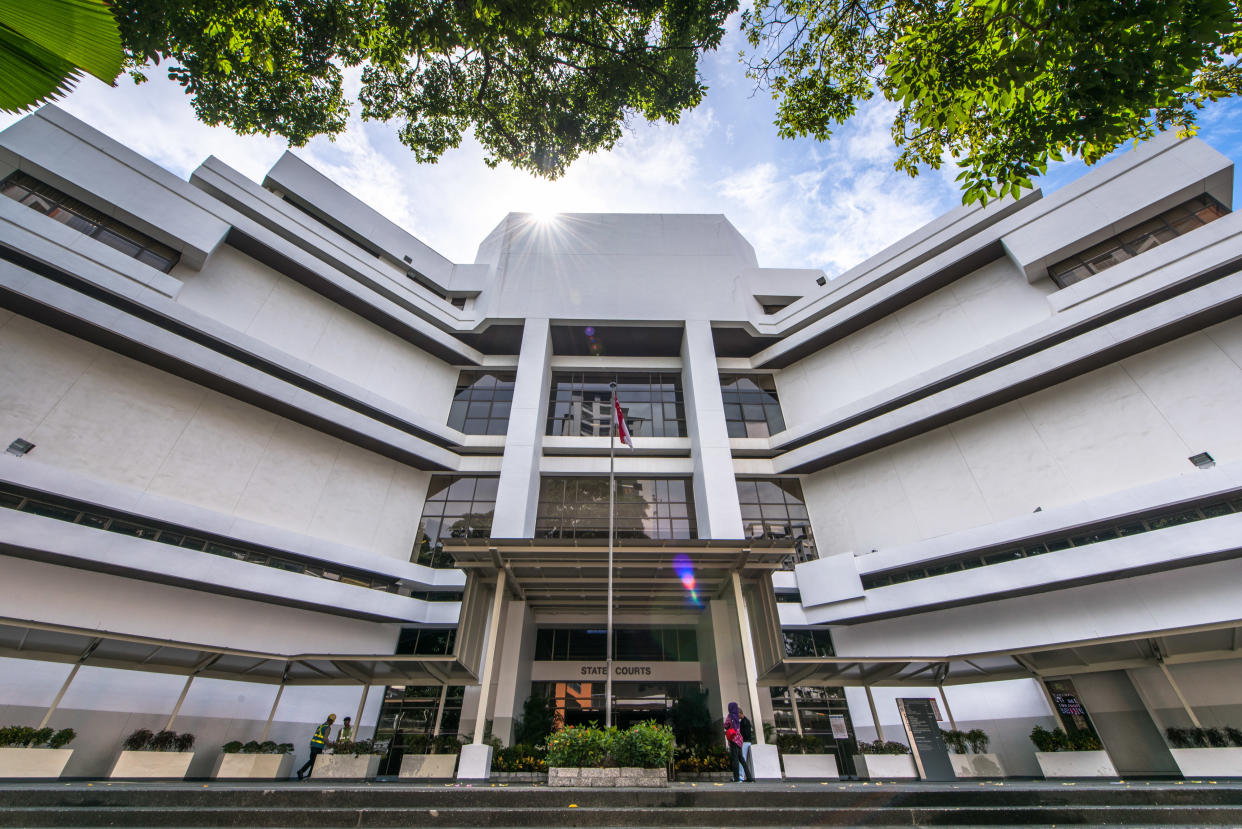Serial conman who cheated counsellor he met in prison of $40,000 jailed

He was serving a five-year jail term for cheating when he met and received advice from a voluntary Christian counsellor in prison. Instead of being reformed after his release, Lee Chun Heng took advantage of the counsellor’s kindness and cheated him of $40,000.
Lee, a 57-year-old Singaporean, was jailed 34 months on Tuesday (5 March) after he pleaded guilty to one count of cheating Leong Wei Weng, 68, and one count of forgery.
Lee was jailed in Tanah Merah Prison from 2005 to 2010 when he met Leong, who was a counsellor with the Prisons Fellowship of Singapore then. While in prison, Lee pretended that he had friends who were bankers and that he was a rich businessman previously. Both kept in touch after Lee was released from prison.
In January 2012, Lee asked Leong for a $20,000 loan by pretending that he was going to meet a person in Guangzhou, China, who could expedite his funds to him. He gave Leong the impression that he could repay the loan after he received the money. Believing Lee, Leong extended him the loan.
Lee used the money to pay for a $5,000 trip to China, his personal expenses in Singapore, and gambling.
He carried out another ruse targeting Leong again a few years later. In January 2016, Lee forged a Monetary Authority of Singapore (MAS) document. He printed the MAS logo, cut and pasted it on a piece of paper. He typed some words on the paper and made a photocopy.
On the forged document purportedly signed by an executive director, Lee stated that S$1,041,899.11 from the Bank of East Asia, and S$266,600,000.46 from Midland Bank Trust Corporation (Cayman) would be made available to him on or before 29 January 2016.
On 19 January 2016, Lee asked Leong for another $20,000 loan. He showed Leong the forged document, claiming that he needed the sum to pay an agent in order to obtain money in a Malaysian bank. He pretended that he had enough money to repay the loan.
Leong transferred $20,000 to Lee on the same day as he thought the document was genuine. Lee used $11,000 from the sum to pay a friend and the remaining $9,000 on his own expenses.
Of the $40,000 that Lee cheated, he had only repaid less than half of it to Leong.
Lee’s lawyer, Malcolm Tan, said that his client used to be a director in two local IT companies.
In 1996, Lee was jailed 18 months for his previous cheating offences. He tried to rebuild his life after his release from prison and wanted to rejoin one of his companies. But his former partners refused to let him return to the company due to his criminal record.
Lee worked in a number of jobs but became a bankrupt in 1997. He managed to pay off his debts and his bankruptcy status was annulled in 2002.
However, Lee was convicted for cheating again in 2005. He received five years of corrective training, during which he met Leong. Lee would deflect questions from others about his cheating offences by hinting that he had money and contacts, according to Tan.
After Lee was released from prison, Leong volunteered to help him financially. Leong would communicate with Lee almost daily and offered him counsel.
Lee initially repaid Leong regularly but the relationship soured in 2016 after he encountered financial difficulties. Lee was then working as an Uber driver.
For both forgery and cheating, Lee could have been jailed up to 10 years and fined on each count.
Other Singapore stories:
Nurse jailed 12 weeks for punching face of dementia patient, 77, multiple times
HIV data leak: Brochez ordered by US court to hand over, delete all confidential data
Drunk man who drove against traffic for 800m along CTE jailed, disqualified



